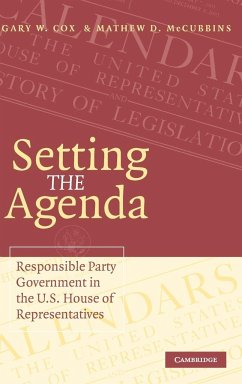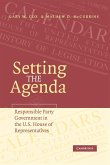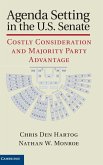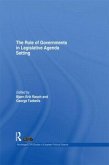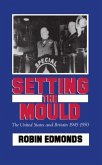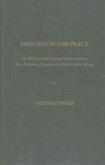Short description/annotation
Demonstrates that the majority party seizes agenda control at nearly every stage of the legislative process.
Main description
Scholars of the U.S. House disagree over the importance of political parties in organizing the legislative process. On the one hand, non-partisan theories stress how congressional organization serves members' non-partisan goals. On the other hand, partisan theories argue that the House is organized to serve the collective interests of the majority party. This book advances our partisan theory and presents a series of empirical tests of that theory's predictions (pitted against others). It considers why procedural cartels form, arguing that agenda power is naturally subject to cartelization in busy legislatures. It argues that the majority party has cartelized agenda power in the U.S. House since the adoption of Reed's rules in 1890. The evidence demonstrates that the majority party seizes agenda control at nearly every stage of the legislative process in order to prevent bills that the party dislikes from reaching the floor.
Table of contents:
1. Introduction; Part I. Why Party Government(?)33;: 2. Procedural Cartel theory; Part II. Negative Agenda Power: 3. Cartel agenda model vs. floor agenda model; 4. The primacy of Reed's rules in house organization; 5. Final passage votes; 6. The costs of agenda control; 7. The textbook congress and the committee on rules; 8. The bills reported from committee; 9. Which way does policy move(?)33;; Part III. The Consequences of Positive Agenda Power and Conditional Party Government: 10. Positive agenda power; 11. Conclusion.
Demonstrates that the majority party seizes agenda control at nearly every stage of the legislative process.
Main description
Scholars of the U.S. House disagree over the importance of political parties in organizing the legislative process. On the one hand, non-partisan theories stress how congressional organization serves members' non-partisan goals. On the other hand, partisan theories argue that the House is organized to serve the collective interests of the majority party. This book advances our partisan theory and presents a series of empirical tests of that theory's predictions (pitted against others). It considers why procedural cartels form, arguing that agenda power is naturally subject to cartelization in busy legislatures. It argues that the majority party has cartelized agenda power in the U.S. House since the adoption of Reed's rules in 1890. The evidence demonstrates that the majority party seizes agenda control at nearly every stage of the legislative process in order to prevent bills that the party dislikes from reaching the floor.
Table of contents:
1. Introduction; Part I. Why Party Government(?)33;: 2. Procedural Cartel theory; Part II. Negative Agenda Power: 3. Cartel agenda model vs. floor agenda model; 4. The primacy of Reed's rules in house organization; 5. Final passage votes; 6. The costs of agenda control; 7. The textbook congress and the committee on rules; 8. The bills reported from committee; 9. Which way does policy move(?)33;; Part III. The Consequences of Positive Agenda Power and Conditional Party Government: 10. Positive agenda power; 11. Conclusion.

